From Greco in the Vale to Fiano at Mudgee.
The Australian wine industry is now producing a “new breed” of alternative varietals, and a new breed of winemakers who are pushing the boundaries in order to find a niche in this tough business. We are a lucky nation to have had many Italians’ make Australia their home back in the 50’s, who bought their experience and passion for farming and viticulture to our shores. Now 3 to 4 generations later, with a bunch of innovative young winemakers looking to experiment, using old techniques with new ideas, we are starting to see the new wine styles we will be drinking into the future.
I set out to find the best of the varietal innovators, with a focus on Italian varietals, travelling for 8 weeks across the eastern states of Australia, from Mudgee in New South Wales to Mt Benson in South Australia. Sadly, missing from this trip is the King Valley, in Victoria due to border restrictions. Possibly the home of Italian varietals in Australia.
With a viticultural history that stretches back to 1858, Mudgee, in the central west of NSW, has played a key role in Australian history. Mudgee was the cradle in which a particularly good clone of Chardonnay lay unrecognized for over 50 years, a clone which some believe may have been a descendant of the Chardonnay introduced to Australia in 1832 by James Busby. There are now 35 cellar doors, producing wines from 34 varieties. The champions of the varietals in this region are First Ridge and Di Lusso.
The wines from First Ridge are outstanding. Winemaker James Manners and viticulturist Colin Millott have been producing premium Italian varietal wines for 21 years on Mudgee Ridge Estate, a beautiful hillside location 10klm outside Mudgee. It’s all they do, and they do it well with small batches of Barbera, Sangiovese, Vermentino, Fiano, and Pinot Grigio. 2021 saw the first vintage of their Montepulciano.
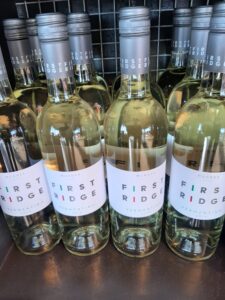
Di Lusso are the other Varietal specialists in the Mudgee region, featuring limited batches of Fiano, Arneis, Pinot Grigio & Vermentino in their white line-up. Reds include Nebbiolo, Barbera, Sangiovese and Lagrein. And a dessert wine based on Aleatico.
The other winemaker about to step into the varietal arena is David Lowe at Lowe Family Wines, dedicating an entire corner of their Mudgee vineyard to varietals including Ansonica, Vermentino, Nero D’Avola, Pecorino & Falanghina.
Moving up the road a little, just beyond Orange on the road to Blayney, sits the gorgeous little heritage listed village of Millthorpe, home to varietal champions Angullong Wines. Their range includes Barbera, Sangiovese, Sagrantino, Tempranillo, and Pinot Grigio. Their vineyards are in the foothills of Mt Canobolas in volcanic soils.
Next stop, the Barossa Valley in South Australia, arguably Australia’s best known wine region. Who are the varietal champions here? One stood out for me, Wayne Farquhar at Dell’uva Wines.
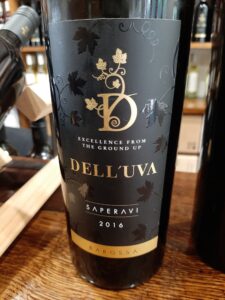
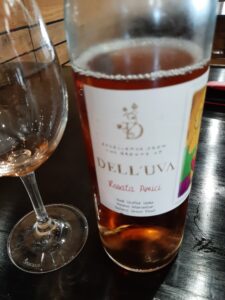
Wayne Farquhar is an incredible source of knowledge, a great bloke, with a diverse career spanning from horticulture to viticulture research around the world. He has now created Dell’uva Wines, in Greenock. Varietals include Albarino, Nero d’Avola, Mencia, Aglianico, Arinto, Ansonica and Verdicchio. The current cellar door list has 24 varietals available, with another 70 varieties being trialled in his nursery. The cellar door is a must visit in the main street of Greenock.
Yalumba are a champion of varietals as they were the first to plant Viognier and they are now considered one of the world’s most influential producers of the variety.
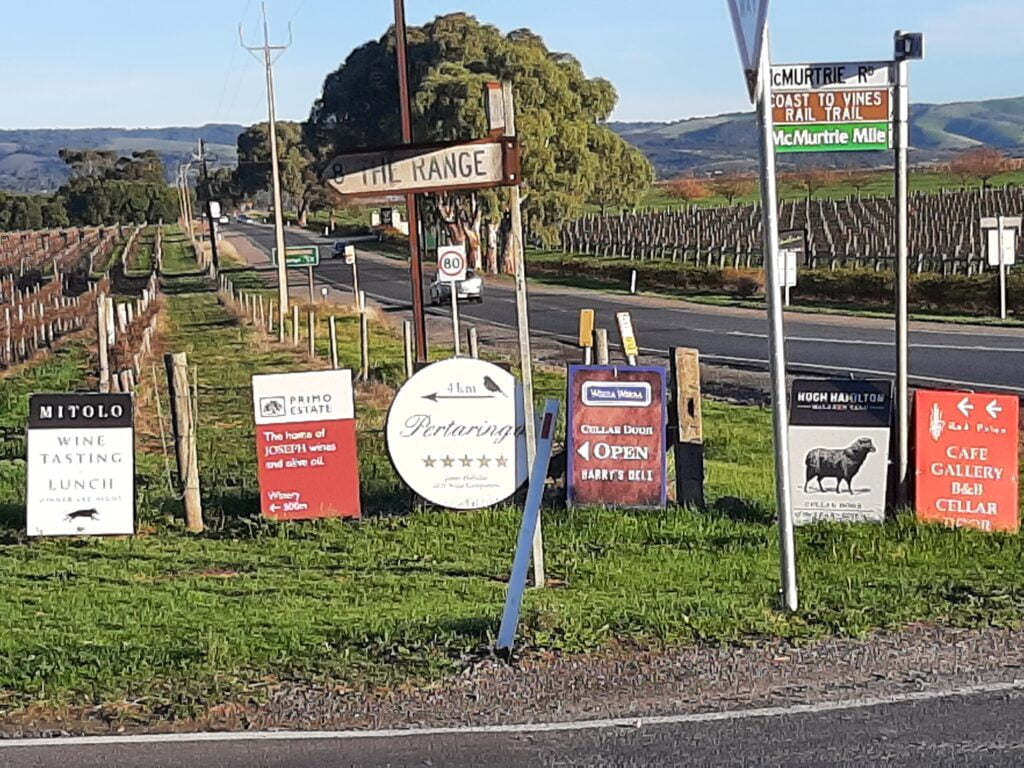
As a region McLaren Vale has produced more varietal champions than any other region. What stands out is the passion, the dedication and the commitment to producing something exceptional. Talk with Briony Hoare at Beach Road, Stephen Pannell, or Jim Zerella and you will understand why I call them the varietal innovators.
Hard to pick a few favorites however here are mine from “the Vale”.
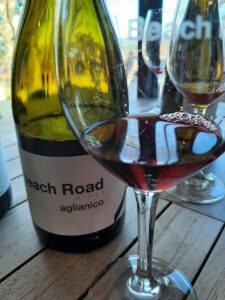 Briony Hoare, winemaker and owner of Beach Road Wines has a philosophy of “doing one thing better every week” and the wines she is producing are testament to that philosophy. The Fiano is outstanding, as are all the varietals they produce, Pinot Grigio, Greco, Nero d’Avola and Aglianico.
Briony Hoare, winemaker and owner of Beach Road Wines has a philosophy of “doing one thing better every week” and the wines she is producing are testament to that philosophy. The Fiano is outstanding, as are all the varietals they produce, Pinot Grigio, Greco, Nero d’Avola and Aglianico.
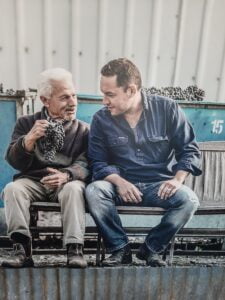
The Zerella family have a long and rich history in farming and viticulture, and third-generation Jim Zerella, now runs the winery in McLaren Vale. Italian varietals dominate, with six appearing in the La Gita range.
The Grillo heritage lives on at Primo Estate where tastings include a stunning Garganega, a Fiano, a Sangiovese Rose, a Nero and a luscious Nebbiolo.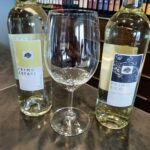
Stephen Pannell Wines is a significant player in the varietal field with 14 wines made from alternative varietals. He also pushes the boundary with experimental blends.
Coriole has been a champion of varietals since 1985, when they planted Sangiovese, followed by Fiano in 2001.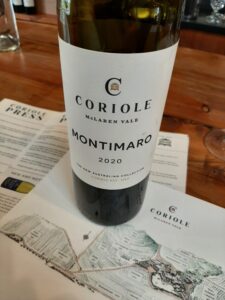
Olivers Taranga feature seven varietals from a cellar door list. Corrina Wright was named ‘Winemaker of the Year’ by Australia’s peak wine professional association, the Australian Society of Viticulture and Oenology (ASVO) in 2018. She has long championed alternative varietals.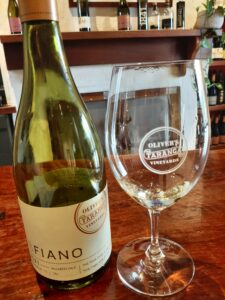
In the far south of the state, at Mt Benson on the Limestone Coast we find a true champion of alternative varietals, Anita Goode, the owner, winemaker & vineyard manager at Wangolina.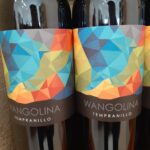
On the tasting list are 5 varietals, including Gruner & Lagrein, and in the vineyard, Malvasia & Verdicchio. The trial plots are impressive with 8 varieties including Pecorino and Greco.
Before heading home, we travelled to Hahndorf in the Adelaide Hills where the leader of the alternatives is Sam Scott at La Prova.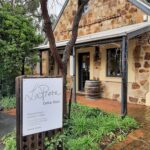 They are experimenting with 16 Italian varietals with stunning results. I was particularly impressed with their Fiano and the Sangiovese.
They are experimenting with 16 Italian varietals with stunning results. I was particularly impressed with their Fiano and the Sangiovese.
Larry Jacobs at Hahndorf Hill has been called the Guru of Gruner, rightfully so, and his line up of gold medal Gruner Veltliners are worthy additions to our Champions list.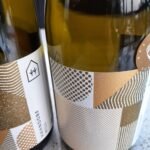
We have only just touched the tip of the iceberg, there is so much more happening beneath the surface of vineyards around Australia, and its such an exciting time for lovers of alternative varietals. Will Fiano be the next big thing in Australia? I hope so.
